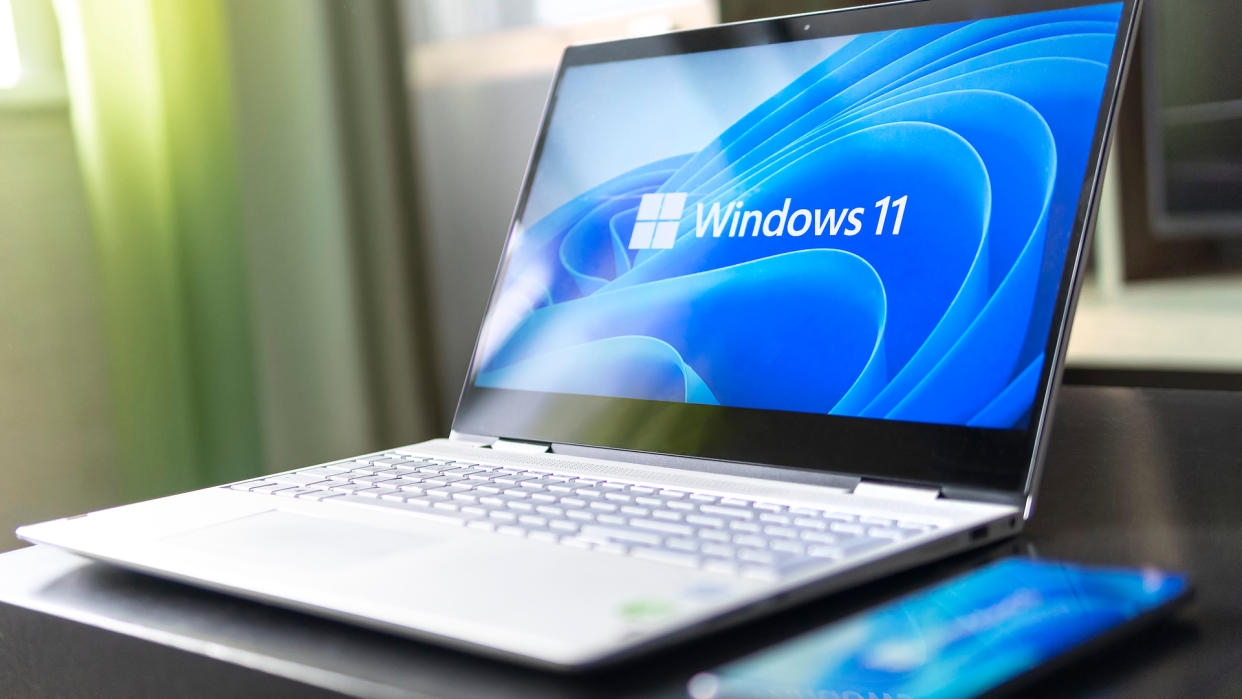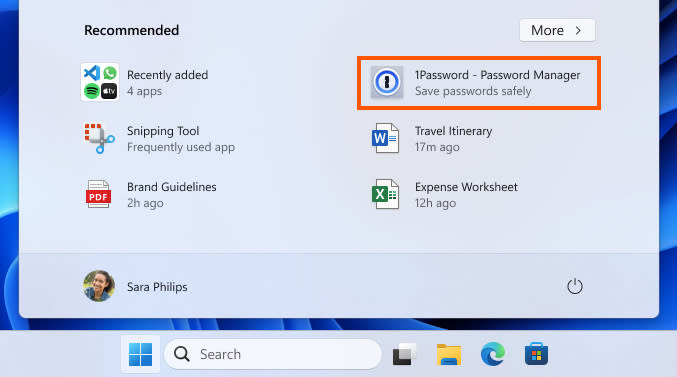Windows 11 is getting more ads in the latest preview

Microsoft has announced plans to test more adverts in Windows 11, confirming a rumored ‘upgrade’ first mooted over a year ago.
In a blog post announcing Windows 11 Insider Preview Build 22635.3495, the company revealed that one of the changes would involve testing ad placements for apps you might enjoy in the ‘Recommended’ panel of the Start menu.
“We are now trying out recommendations to help you discover great apps from the Microsoft Store under Recommended on the Start menu,” the post explains.
Below it, there’s a screenshot of how this might appear: the 1Password password manager shows up alongside recent files and freshly installed apps. There’s no indication in the screenshot that this isn’t already installed, and will open up a Microsoft Store window.

Perhaps wary of the backlash this could trigger, the post explicitly states that this is something that can be turned off via the Start personalization settings. If you hit the toggle next to “Show recommendations for tips, app promotions, and more”, you shouldn’t see it again.
Microsoft also emphasizes that this is something that is only being tested, and that it welcomes feedback. “As a reminder, we regularly try out new experiences and concepts that may never get released with Windows Insiders to get feedback,” the post says. “Should you see this experience on the Start menu, let us know what you think.”
Microsoft has a history of pushing products under the guise of it being a neutral recommendation to improve user experience — like slipping Microsoft 365 ads into the Start menu and an experimental banner in the file explorer. And while this latest update seems to be for third-party software, it’s still pushing people toward the Microsoft Store, which isn’t how most people get their Windows software, even if the recommendation itself is sound.
While most people accept that ‘recommendations’ or outright ads are a price you have to pay for free software, Windows is still paid for (though, in reality, the free upgrades to Windows 10 and Windows 11 mean that plenty of users haven’t paid for Windows in over a decade).
Unless Windows becomes truly freemium, these ‘recommendations’ — whether useful or not — will likely get short shrift from the testers who see them. It will be their feedback that will ultimately decide whether or not these adverts roll out to everyday users or get thrown onto the reject pile.

